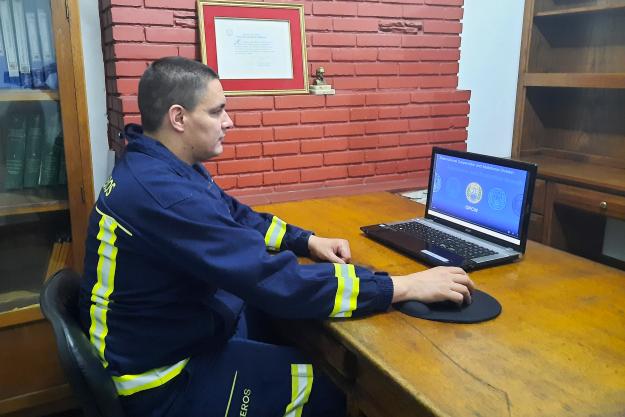
THE HAGUE, Netherlands–5 March 2021–Emergency first responders from Latin America and the Caribbean (GRULAC) developed their knowledge of detection, sampling, and identification of chemical warfare agents and toxic industrial chemicals during an online workshop. The event was conducted from 1 to 5 March by the Organisation for the Prohibition of Chemical Weapons (OPCW) in partnership with the Colombian National Police and the National Directorate of Colombian Firefighters, with instructor support from the Uruguayan Army’s School of Engineering.
The First Secretary at the Office of the Coordinator for Disarmament and Non-proliferation Affairs of Colombia’s Ministry of Foreign Affairs, Mr Gabriel Camilo Lazala, remarked: “Building on its expertise in chemical emergency management, developed particularly by the National Police and the National Directorate of Firefighters, Colombia has strategically partnered with the OPCW in the provision of training to GRULAC first responders. Colombia continues to support international cooperation in the area of assistance and protection, as enshrined in the Chemical Weapons Convention.”
Mr Miguel Albaladejo Pomares, a Senior Programme Officer from OPCW’s Assistance and Protection Branch, stated: “This course demonstrates the commitment of our partners in Colombia and Uruguay to the implementation of Article X of the Convention on assistance and protection against chemical weapons. Building the first responders’ knowledge base and providing them a platform for sharing experience is crucial for building robust national systems for handling incidents involving chemical warfare agents or toxic industrial chemicals.”
The course provided theoretical knowledge on detection, identification and sampling techniques essential for obtaining and preserving evidence during incidents involving chemical warfare agents and toxic industrial chemicals. The course also covered the provisions of the Chemical Weapons Convention, the work of the OPCW, and the activities of its Assistance and Protection Branch.
The workshop was attended by 38 military and civilian professionals from a range of emergency response backgrounds, including civil defence, hazmat equipped firefighters, and CBRN (chemical, biological, radiological and nuclear defence) military units. They represented the following 12 OPCW Member States: Argentina, Bolivia, Chile, Costa Rica, Cuba, the Dominican Republic, Guatemala, Honduras, Mexico, Panama, Peru, and Uruguay.
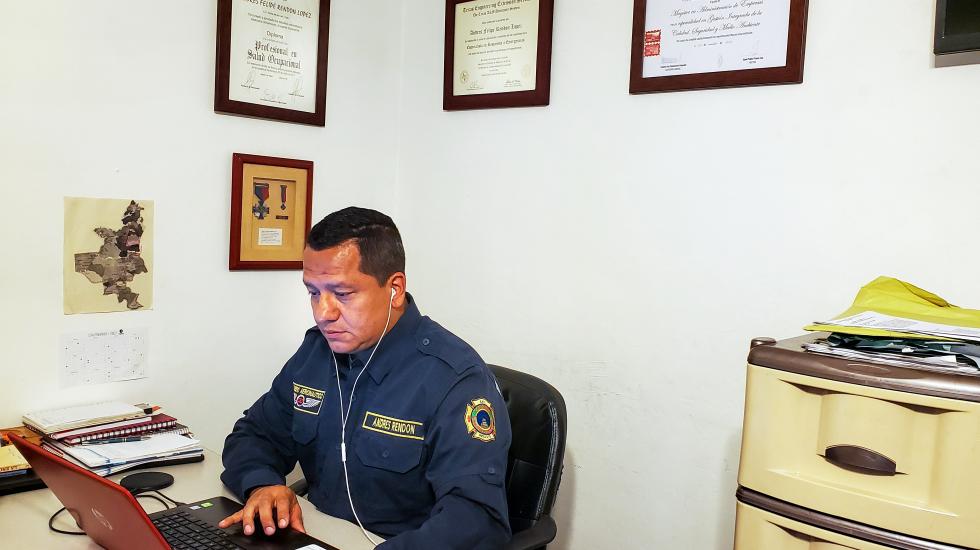
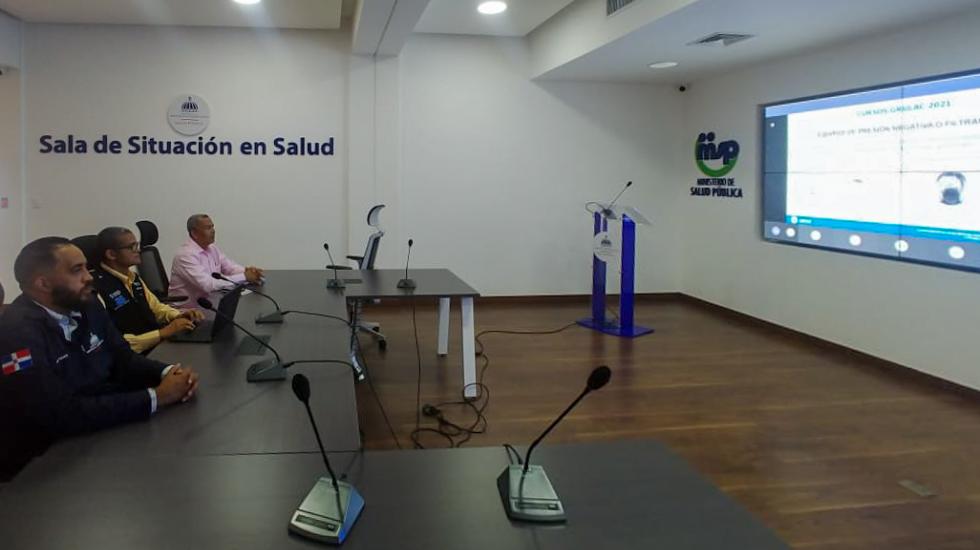
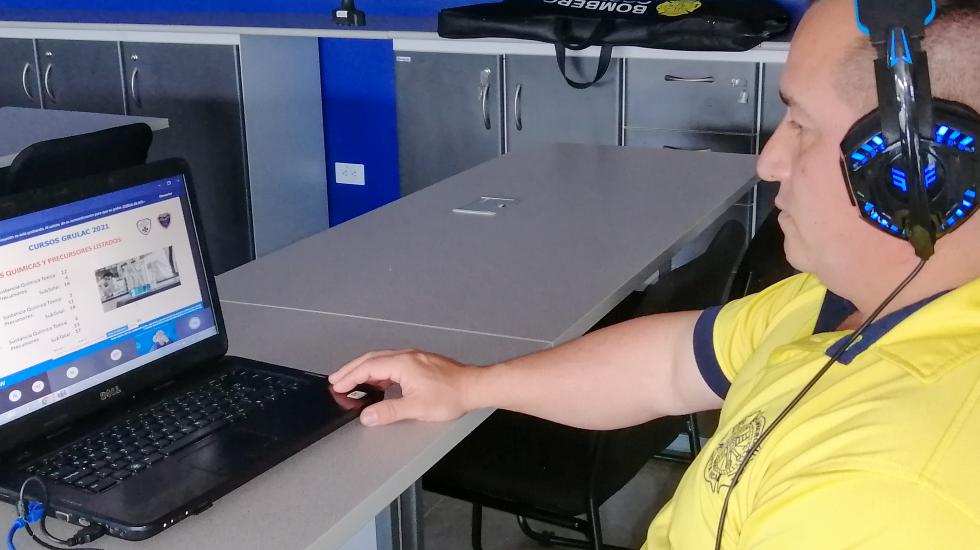
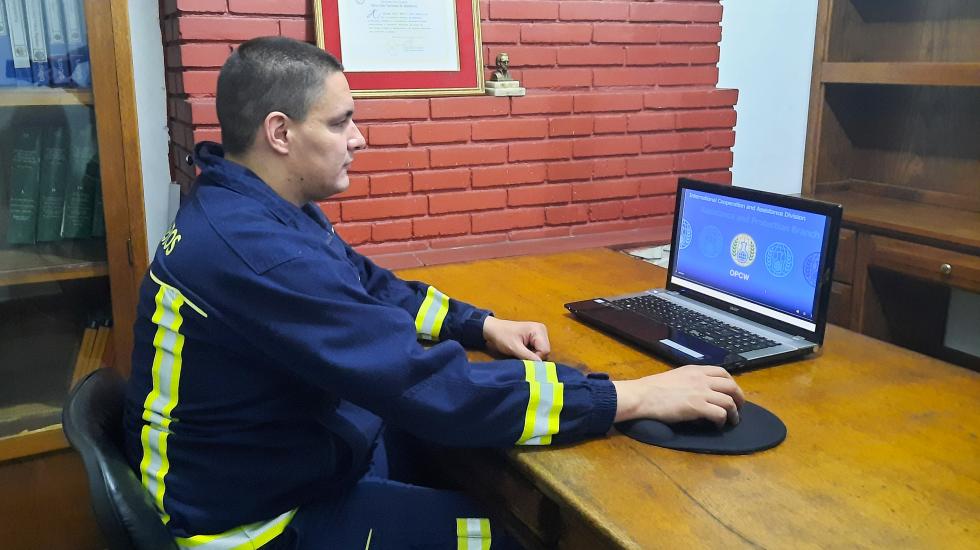
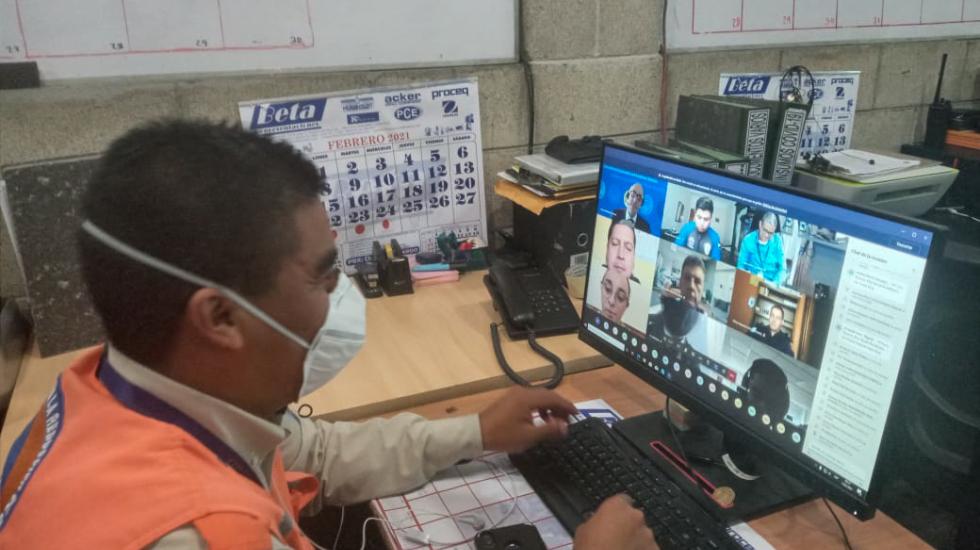
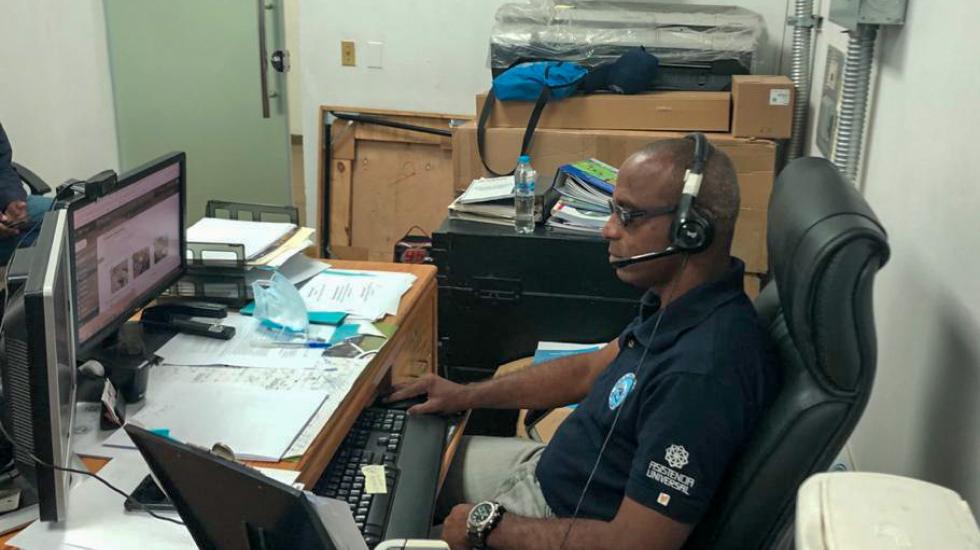
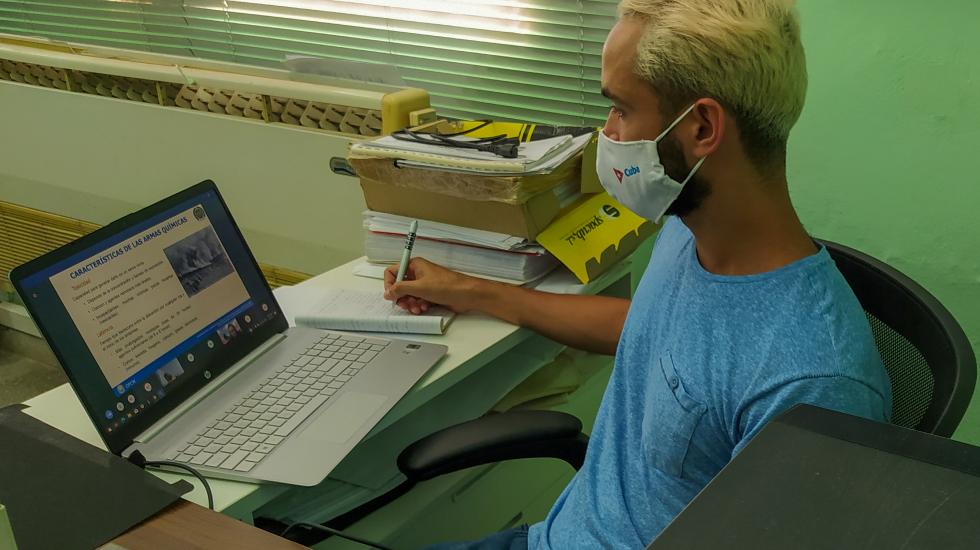
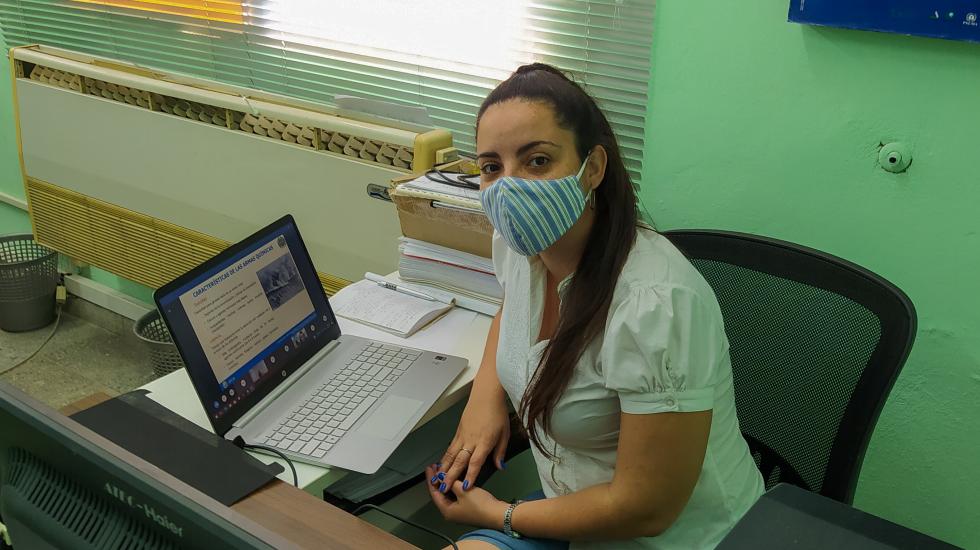
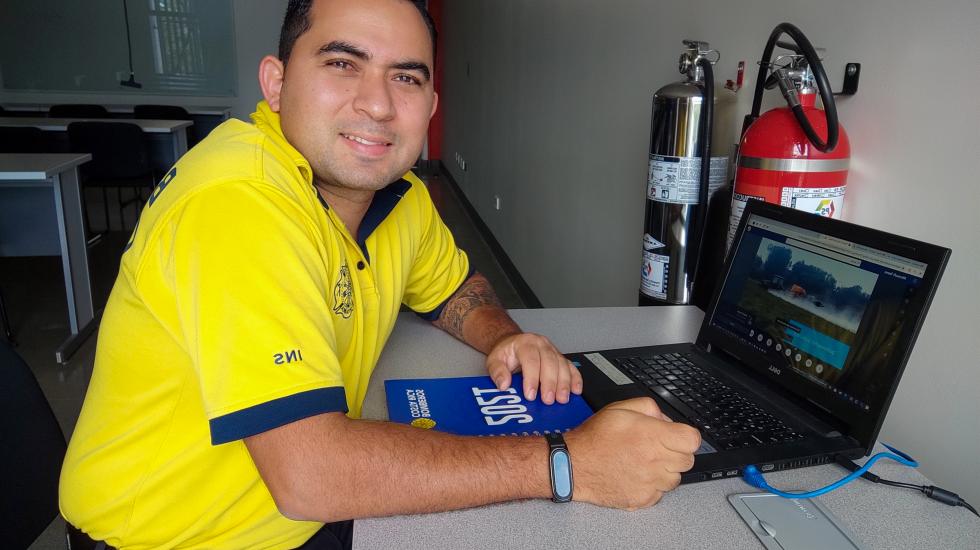
Background
This was the fifth online course for OPCW Member States in Latin America and the Caribbean since the beginning of the Covid-19 pandemic. Courses of this type are organised to support the full and effective implementation of Article X (Assistance and Protection against Chemical Weapons) of the Chemical Weapons Convention.
As the implementing body for the Chemical Weapons Convention, the OPCW, with its 193 Member States, oversees the global endeavour to permanently eliminate chemical weapons. Since the Convention’s entry into force in 1997, it is the most successful disarmament treaty eliminating an entire class of weapons of mass destruction.
Over 98% of all declared chemical weapon stockpiles have been destroyed under OPCW verification. For its extensive efforts in eliminating chemical weapons, the OPCW received the 2013 Nobel Peace Prize.
